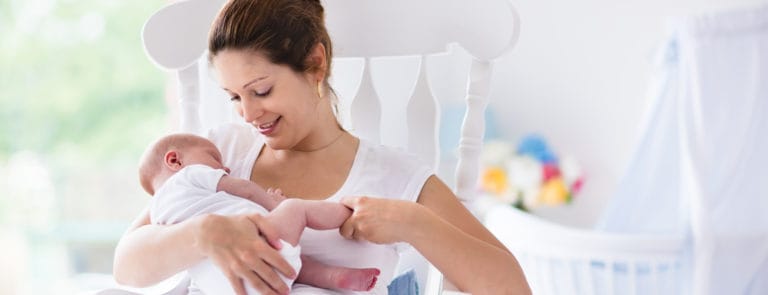Breastfeeding is a vitally important process which has been linked with long-term improved health and well-being for a child- even a potentially higher IQ too. While breastfeeding doesn’t really require a specific diet in the same way that pregnancy does, there are still certain foods which you should be getting more of and some which you might want to avoid.
Here’s a look at what you should and shouldn’t eat when breastfeeding.
Do eat and drink
Eggs – eggs are a nutritional superfood, containing nutrients ranging from vitamins A, D, B2, B12 iodine, and selenium, all of which will benefit your child. Eggs are also high in protein, which is essential for good health.
Salmon – salmon is an incredible source of the fat DHA, which is essential to the development of your baby’s nervous system. Levels of DHA are higher in the breast milk of women who eat oily fish. Salmon is considered to have a relatively low mercury content by the standards of oily fish, making it a healthier option.
Beans – beans are a great, non-meat protein source while also being rich in iron. Iron is essential for your baby and may help to prevent anaemia, poor appetite, and poor organ development.
Leafy greens – leafy greens like spinach and kale are rich in nutrients such as vitamin A, calcium, vitamin C and iron. They also consist of manganese, which is important for healthy development of the baby
Don't eat and drink
High doses of caffeine – while moderate caffeine intake should be fine, excessive intake may impact the baby and keep it awake at night. This can happen particularly if the mother avoided caffeine altogether when pregnant.
Alcohol – regularly drinking alcohol while breastfeeding may affect the health and development of your child, particularly if you’re drinking large quantities. Having an occasional glass of wine is unlikely to be an issue though.
Certain fish – specifically fish like swordfish, marlin, shark, and king mackerel which are high in mercury. Mercury is highly toxic and while you may be able to cope with the amounts found in most fish, your baby might not.
Sage and parsley – these herbs have been linked to reduced production of breastmilk in pregnant women. If you’re not producing an excess of milk but are trying to, avoid eating these.
Shop our
Food and Drinks range.
Advice is for information only and should not replace medical care. If you are pregnant, breastfeeding, taking any medications or under medical supervision, please consult a doctor or healthcare professional before trying any remedies.




